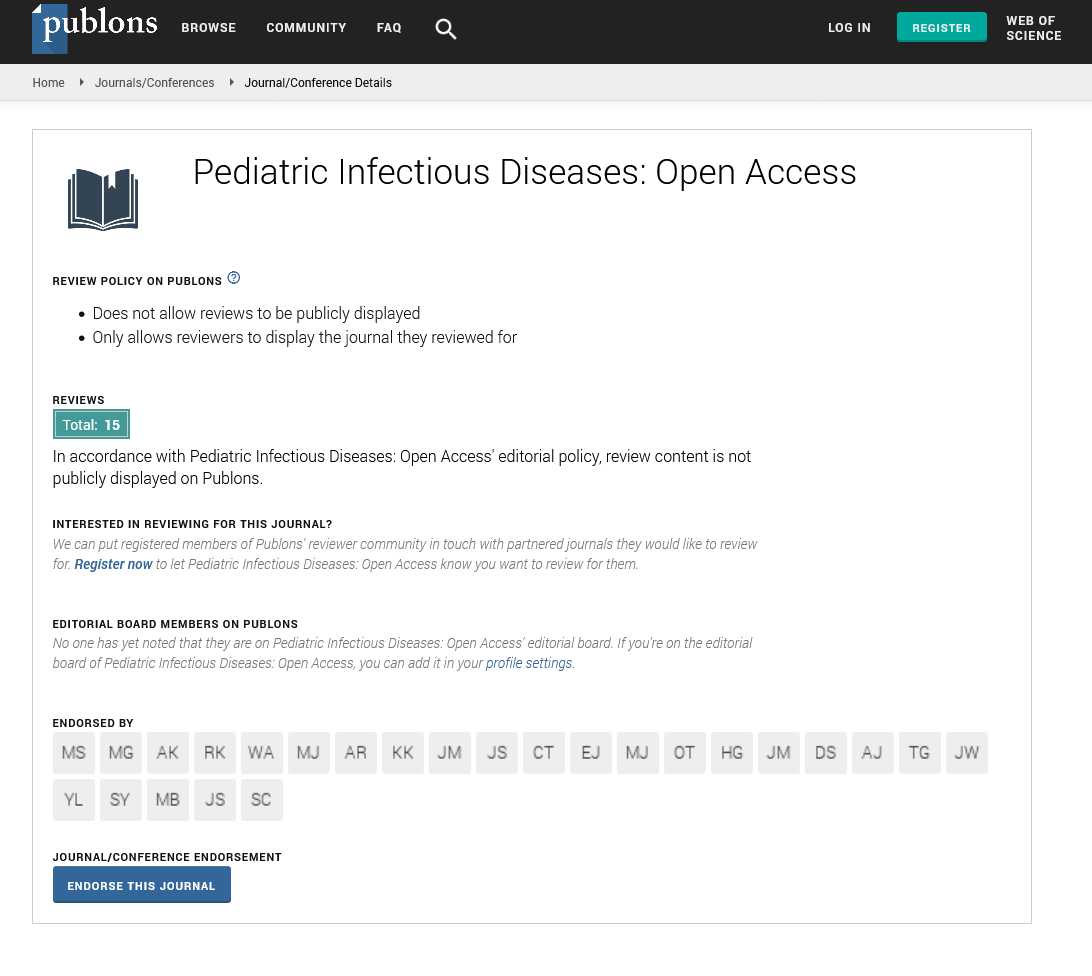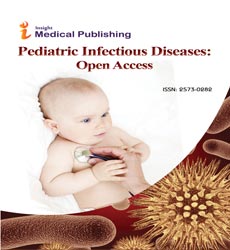Abstract
Rotavirus Diarrhea in Children Under Five in Basrah: Hospital Based Study
Background: Human rotaviruses, particularly of group A are the most important cause of severe dehydrating diarrhea in young children worldwide in both developed and developing countries. Although rotavirus accounts for up to 50% of hospitalizations for severe diarrhea in infants and children, it has been underestimated within the public health community, particularly in developing countries.
This is a cross sectional study which was carried out to determine the frequency of rotavirus diarrhea in hospitalized children under 5 yrs in Basra by stool enzyme linked immunosorbant assay test and study the relation of selected patients’ variables to rotavirus diarrhea.
Methods: A hospital-based study includes 120 children aged less than 5 yrs who were admitted to the pediatric wards with acute gastroenteritis over a period of five months from the October 1st, 2015 till March 15th, 2016. All patients underwent physical examination for sign of dehydration and assessment of severity of diarrheal episode by Vesikari score which considered various parameters including frequency, duration of diarrhea, vomiting, temperature, hydration status and the treatment received by the patients. A score of <7 was considered mild, 7-11 was moderate and ≥ was 11 severe. Stool samples were collected within 48 hrs of hospitalization and examination for rotavirus was done by Enzyme Linked Immunosorbant Assay; One Step rotavirus Test (ABON biopharm, China) which is a qualitative immunoassay kit used for the detection of rotavirus in human stool sample.
Result: The frequency of rotavirus infection was 32.5%, about two thirds of admitted children presented with severe diarrheal episodes and one third with moderate diarrhea. Sixty two percent of the studied patients aged 3-12 months with higher frequency of males than females (62.5%, 37.5%) respectively. All studied children with rotavirus infection were below 24 months of age, with higher frequency in males than females (74.36%, 25.64%) respectively with P value 0.001. Reviewing the immunization status history of rotavaccine reveals that; 64 (53.3%) of patients have missed or did not receive any vaccine with approximate percentage (53.8%) in patients who were positive for rotavirus with significant result (P value 0.001) and only 36.7% of children had an immunization status that was appropriate for their age. One third of studied parents were illiterate with higher frequency in mothers than fathers (22.5%, 14.1%) with rotavirus infection in children belong to illiterate parents (25.6%, 7.6%) respectively, with statistically significant results. Bottle feeding with or without complementary diet had been reported in higher frequency of studied patients (59.2%) with positive rotavirus stool test in 71.8% with statistically significant result. Inpatient management of studied children reveals that zinc therapy, oral rehydration solution and antibiotics prescribed for (56.4%, 66.7% and 89.7%) of patients with rotavirus infection respectively.
Conclusion: Routine evaluation of children with acute diarrheal episodes by stool test for rotavirus is recommended to avoid un-rational prescription of antibiotics and proper practice according to integrated management of childhood illness program.
Author(s):
Sarah Hashim Habash and Sawsan Issa Habeeb
Abstract | Full-Text | PDF
Share this

Google scholar citation report
Citations : 230
Pediatric Infectious Diseases: Open Access received 230 citations as per google scholar report
Pediatric Infectious Diseases: Open Access peer review process verified at publons
Abstracted/Indexed in
- Google Scholar
- China National Knowledge Infrastructure (CNKI)
- Cosmos IF
- Secret Search Engine Labs
Open Access Journals
- Aquaculture & Veterinary Science
- Chemistry & Chemical Sciences
- Clinical Sciences
- Engineering
- General Science
- Genetics & Molecular Biology
- Health Care & Nursing
- Immunology & Microbiology
- Materials Science
- Mathematics & Physics
- Medical Sciences
- Neurology & Psychiatry
- Oncology & Cancer Science
- Pharmaceutical Sciences


